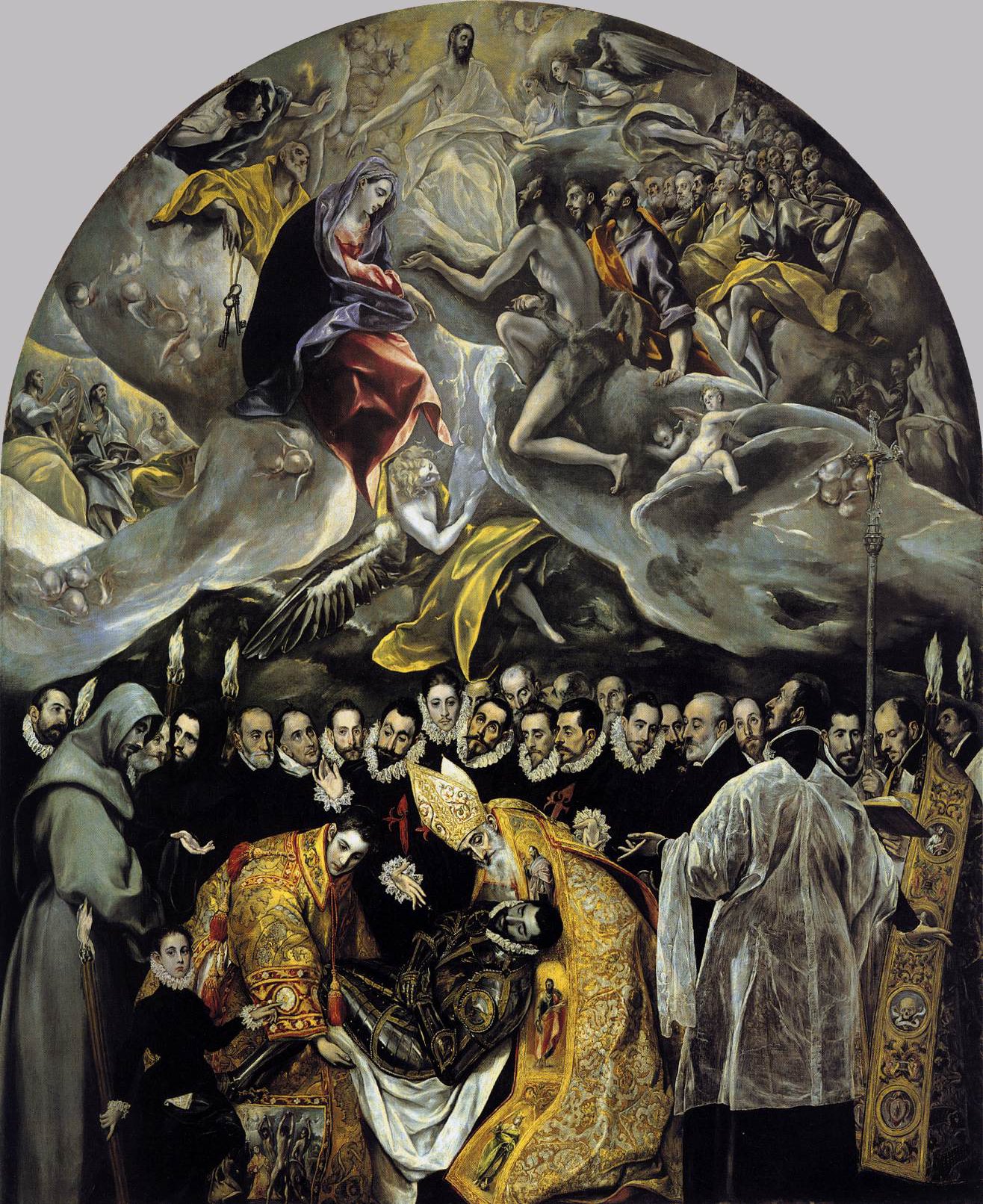God’s sanctifying presence in my life doesn’t erase what’s gone before. Indeed, what God has prepared for me depends on what has gone before. My personal history isn’t something to regret; it is something God can deploy in ways I never could have imagined. […]
Shame teaches me to look at my past and see something hideous that makes me regret my existence. In grace, God looks at my past and sees the sketch of a work of art that he wants to finish painting and show the world. […]
Shame wants us to regret our thrownness; grace wants us to see it as thrown possibility. Nostalgia wants to undo time, walk it all back, as if this were some sort of recovery. Grace wants to unleash our history for a future with God that could only be ours—living into the version of ourselves that the world needs.
Such nostalgia parades itself as recovery. But it is, in fact, a recipe for loss. The hidden price of getting what nostalgia wants is losing what has been given to you. […]
To walk back a life is to lose it; to get what nostalgia craves is loss. To have your life back would be to lose everything that unfolded and that God wants to use.
Shame—what I’m calling “nostalgia in negative”—keeps looking back, too, but in a way that paralyzes, crushes, disheartens. If nostalgia romanticizes the past as bliss, shame can’t imagine a future for our past. […]
God does not want to undo our pasts; nor does he want us to nostalgically dwell in our pasts; God’s grace goes back to fetch our pasts for the sake of the future.
Shame is a nefarious enemy of grace that thrives on the backward glance. Shame keeps craning our necks to look at our past with downcast eyes, as a life to regret. There are highly spiritualized forms of this fixation that parade themselves as holiness. But in fact this is the antithesis to grace. Shame lives off the lie of spiritual self-improvement, which is why my past is viewed as a failure. Grace lives off the truth of God’s wonder-working mercy—my past, my story, is taken up into God and God’s story. God is writing a new chapter of my life, not starting a new book after throwing out the first draft of my prior existence. Shame denies that our very being is possibility, whereas grace, by nature, is futural. Grace is the good news of unfathomable possibility.
The Burial of the Count of Orgaz (1586) by El Greco:

What is going on in these strange paintings where saints and sinners separated by centuries inhabit the same scene? Is this a feature of ignorance, a quaint relic of a primitive humanity for whom historical consciousness had not yet dawned? Could these painters not tell time? Or is it, rather, a signal of the peculiar nature of sacred time? In these paintings, all created for liturgical contexts, Christian spirituality is the original quantum theory. The burghers of a fourteenth-century Spanish town and the bishop of a fifth-century African city are part of the same worship service. Mendicant friars from the early Renaissance encounter the resurrected Jesus alongside desert fathers. In a chapel, at prayer, the cosmos folds in such a way that Christ and Cecilia are contemporaries.
(from How to Inhabit Time by James K. A. Smith)
An interesting meditation from Ellen Charry on the vexed relationship between church and synagogue (personified as two women in these 13th c. sculptures). Charry points out how the church, in its reception of texts like Luke 18:9-14 (the parable of the proud Pharisee and the penitent tax collector), came to embody the opposite spirit of the text. The church learned to pride itself on its humility (on being the humble tax collector) and learned to look down with contempt on the self-righteous Jews (identified with the Pharisee).
It seems the church forgot Paul’s warning in Romans 11 to Gentiles who had been grafted in: “But if some of the branches were broken off, and you, although a wild olive shoot, were grafted in among the others and now share in the nourishing root of the olive tree, do not be arrogant toward the branches…. They were broken off because of their unbelief, but you stand fast through faith. So do not become proud, but fear.” (vv. 17-18, 20)

Peacemakers (1997) by Paul Hobbs:

Gentle Breeze (2009) by Paul Hobbs:

David Ford’s recent commentary on the Gospel of John features the artwork of Paul Hobbs on the cover, which led me to investigate his other work…
Firewater:


Finished reading: A Spirituality of Fundraising (Henri Nouwen Spirituality) by Henri J.M. Nouwen 📚
Henri J. M. Nouwen , on how spiritual fundraising is driven more by the goal of communion than by the hope of a return on investment:
In the world, those who raise funds must show potential donors a strategic plan that convinces donors their money will help to increase the productivity and success of the organization. In the new communion, productivity and success may also grow as a result of fundraising. But they are only by-products of a deeper creative energy, the energy of love planted and nurtured in the lives of people in and through our relationship with Jesus. With the right environment and patient care, these seeds can yield a great harvest, “thirty and sixty and a hundredfold” (Mark 4:20). Every time we approach people for money, we must be sure that we are inviting them into this vision of fruitfulness and into a vision that is fruitful. We want them to join us so that together we begin to see what God means when God says, “Be fruitful” (Gen. 1:28).
Dinos bearing gifts
